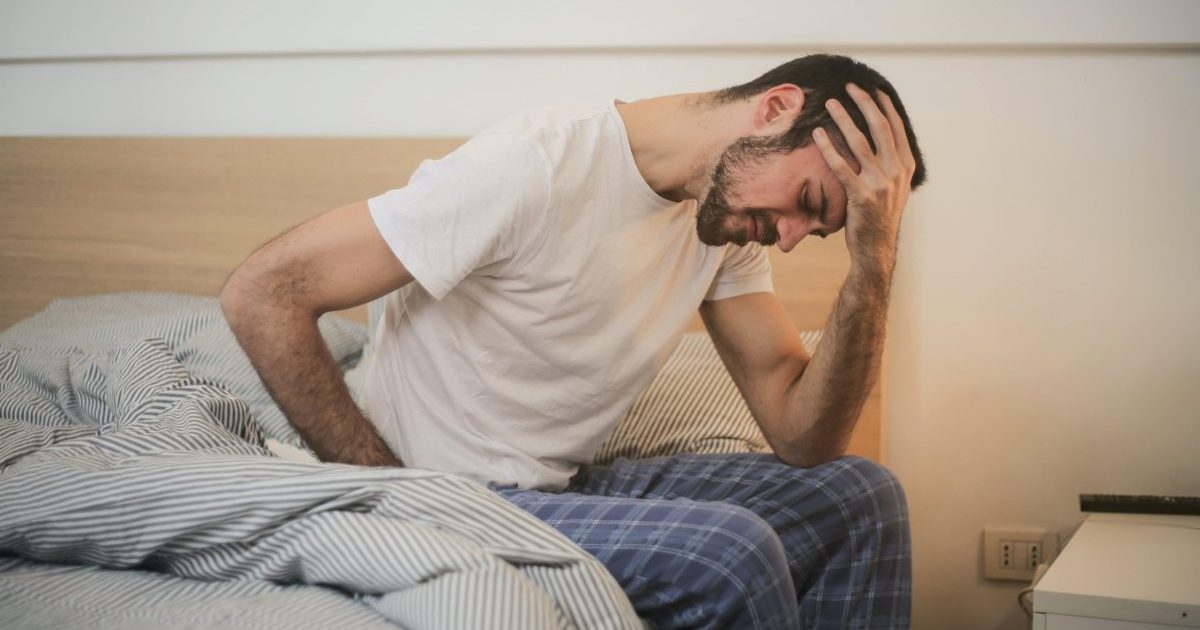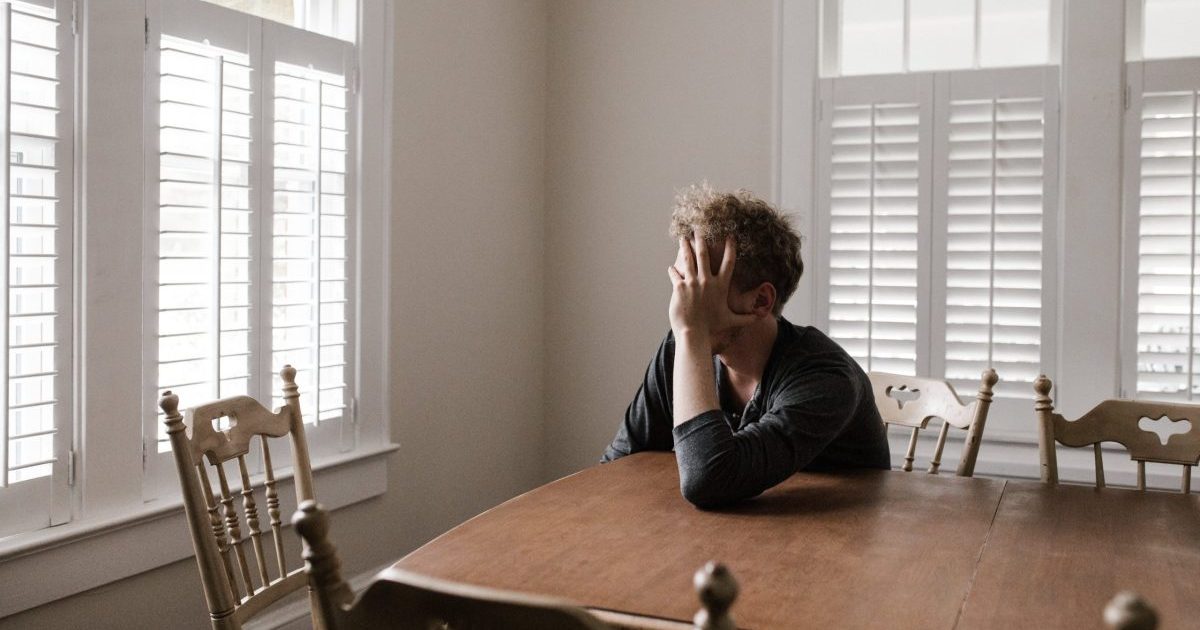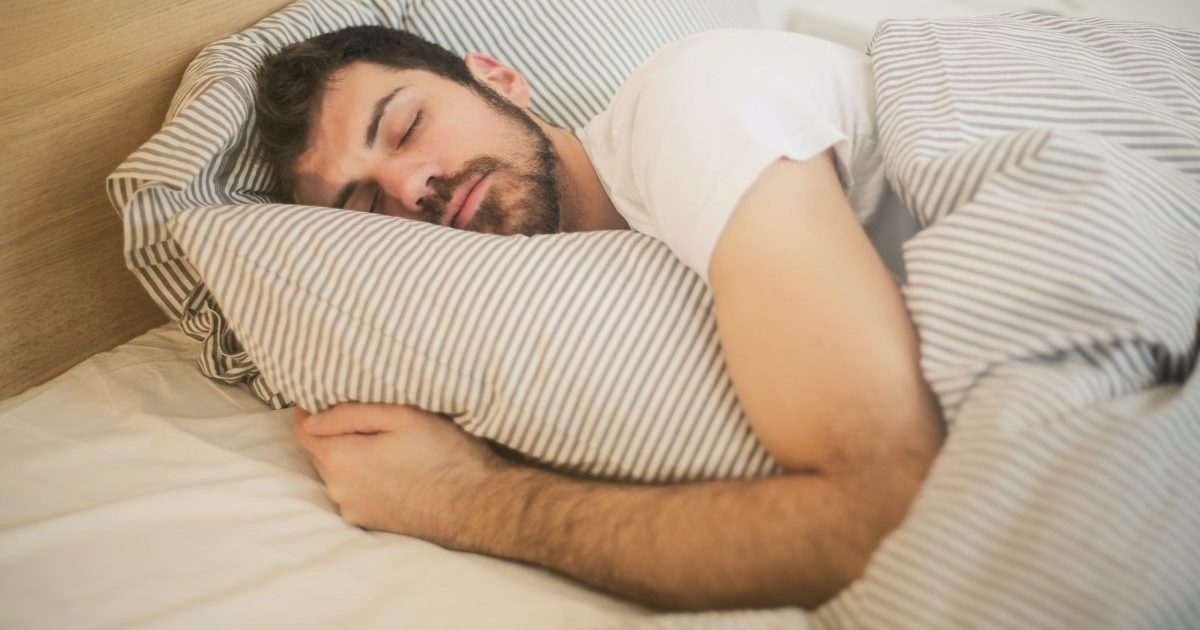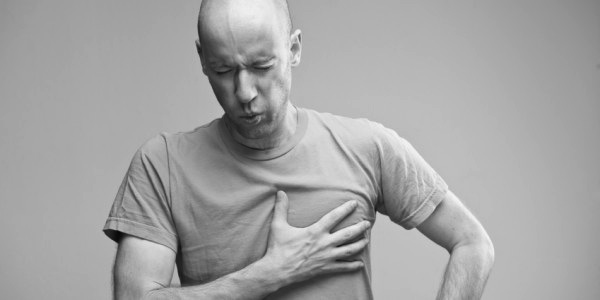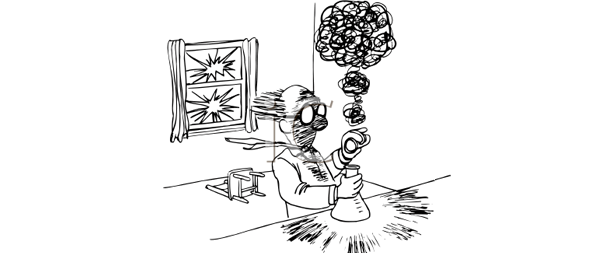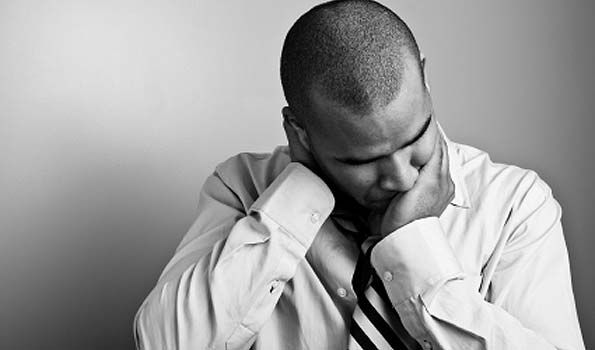The Mental Health Benefits of HikingHiking is a popular pastime often touted for the benefits it has on our physical health. But the health benefits of hiking extend beyond the physical, as the activity has been shown to have some pretty major impacts on both our short and long-term mental health. So from instant results, […]
Bipolar disorder and borderline personality disorder are two conditions that are often conflated. While the science is still out on whether or not the two conditions are related, they do share many similarities, as well as key differences.
Given its generally private nature, therapy is something that people know about, but often know very little about. Between the various disciplines of therapy, as well as the different professionals who administer them, it can be difficult to get a clear picture of what the experience of going to therapy is really like. With that in mind, here are five of the most common misconceptions about therapy.
How to Deal with Panic Attacks.A panic attack is a sudden and intense feeling of anxiety that generally lasts between five minutes and half an hour. Symptoms of a panic attack include nausea, dizziness, disorientation, breathlessness, and sweating. Anyone can experience a panic attack, but if it occurs frequently, it may be a sign of […]
How to Deal with Health Anxiety. Health anxiety disorder, commonly referred to as hypochondria, is a specific type of anxiety disorder whereby a person will spend excessive amounts of time worrying about their health. In addition to the stress caused, health anxiety can impact the quality of a person’s life by causing them to avoid […]
Ruminations: Dealing with Unhelpful Thoughts. The American Psychological Association defines ruminations as “obsessional thinking involving excessive, repetitive thoughts or themes that interfere with other forms of mental activity”. It is most commonly associated with obsessive compulsive disorder or other forms of anxiety, with people dwelling on small or specific details in a negative light for extended periods of […]
Agoraphobia is often viewed as the opposite of claustrophobia, but the reality is a little different to public perception. John Hopkins defines a phobia as an “uncontrollable, irrational, and lasting fear of a certain object, situation, or activity”. While claustrophobia is an irrational fear of confined spaces, agoraphobia is not the fear of open spaces, but rather, the fear of being in a situation from which there is no escape.
The 333 Rule for Dealing with Anxiety? Anxiety is one of the most common mental health issues in the world, with about 4% of the global population suffering from the condition at any one time. Although everyone can feel anxious at times, anxiety is considered a disorder when it is both frequent and overwhelming. If […]
Anxiety is a feeling of worry, fear, or unease. There are several forms of anxiety, such as social, separation, or general. While everyone experiences anxiety, it can be considered a disorder when the fear is disproportionate to the issue at hand. There are several forms of anxiety, such as social, separation, or general.
Psychotherapy is the most common treatment for Narcissistic Personality Disorder. With proper counselling, a psychotherapist can help someone with Narcissistic Personality Disorder set realistic, achievable goals, accurately measure one’s abilities, achievements, and shortcomings, and avoid further self-destructive behaviour.
While the exact purpose or reason for sleep is still a mystery to science, what we do know is how much sleep can affect both our mental and physical health. We have all had the experience of trudging through a day after a poor night’s sleep, an effect that is compounded each time we do not sleep well. A single night of good rest can be enough to make us feel better in the short-term, but if you really want to look after both your physical and mental health, a good sleeping pattern is essential.
There is nothing wrong with enjoying yourself and having a few drinks, but it is important to know how much is really in those few drinks. It can be easy to get swept up in festivities and lose track of things, so hopefully the tips laid out here can help you in monitoring your alcohol consumption, and having a Christmas with just the right amount of merriment.
Regardless of whether you consider yourself more of a social hermit than a butterfly, Christmas is all but certain to be one of the most sociable times of the year. From work parties to family dinners, the Yuletide season tends to be a time when people come together, broadening their social circle and spending time with people they would not normally see socially.
Christmas family dynamics have always been difficult to navigate, but the right frame of mind and a little planning-ahead can go a long way in making the most out of almost any situation. So whatever your situation may be, try to make the most of it, and have a Merry Christmas.
While money can’t buy happiness, the lack of it can certainly lead to other issues. Stressing about finances can cause us to lose sleep and concentration, which can lead to further problems and stress at work. Certain factors, such as the cost of housing or electricity, are beyond our control. But there are ways you can take control of your finances and improve your mental health in the process.
Seasonal Affective Disorder (SAD) is a form of depression that is directly linked to the seasons of the year. Although it can occur at any time of the year, SAD is most commonly associated with the Autumn and Winter months. As in so many other areas of mental health, it is impossible to pinpoint a single cause of SAD.
One of the most important things to recognise about loneliness and isolation is their potential to be self-perpetuating. The longer someone is withdrawn from social activity, the harder it will be for them to get involved again. For this reason, if you have been experiencing feelings of loneliness or isolation, it is imperative that you confront the issue head-on.
Heart disease is one of our nations biggest killers – combined with stroke it accounts for up to 40% of deaths in Ireland! However, when surveyed, only 14% of the population could name more than one of the main symptoms of heart failure.
It has been scientifically proven that in recent years the instances of mental illnesses, disease and death have risen. Long-term economic hardship has been seen to lead to increases in heart-attacks, strokes and depression.
Financial struggles, unemployment, the loss of a loved one, or loneliness are all good examples of issues which may lead us to feel depressed. Many sufferers of depression experience feelings of hopelessness, anxiety, lack on enjoyment in life and the loss of interest in things.
Want to Avoid the Usual Party Season Pound Pile-on?CONTACT US
Counselling or Psychotherapy: What's the difference?‘Psychotherapy’ and ‘counselling’ are terms that are often used interchangeably. Although they are very similar, there are some subtle differences as well.Technically speaking, ‘counsellor’ means ‘advisor’. It involves two people working together to solve a problem. It is a term that is used in conjunction with many types of advice […]





